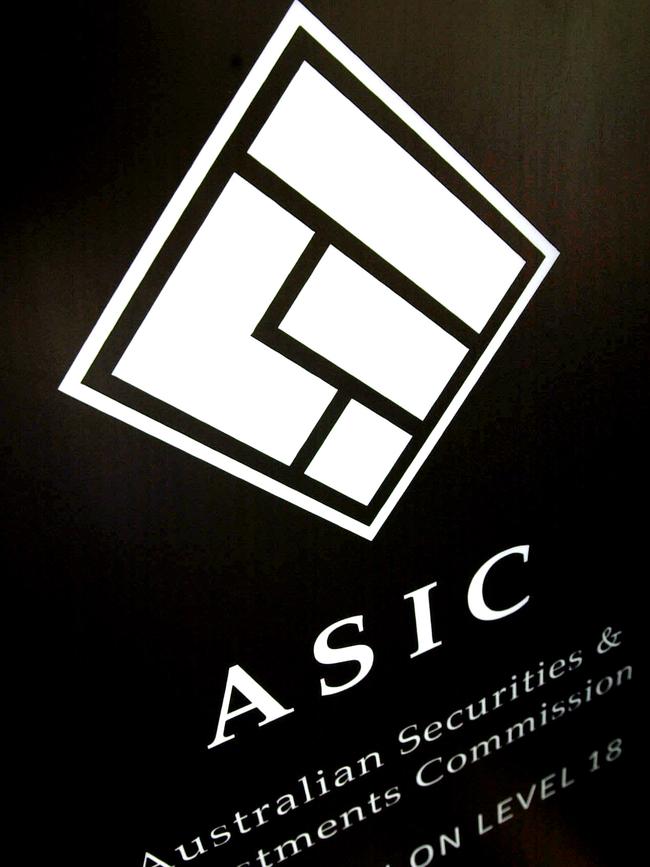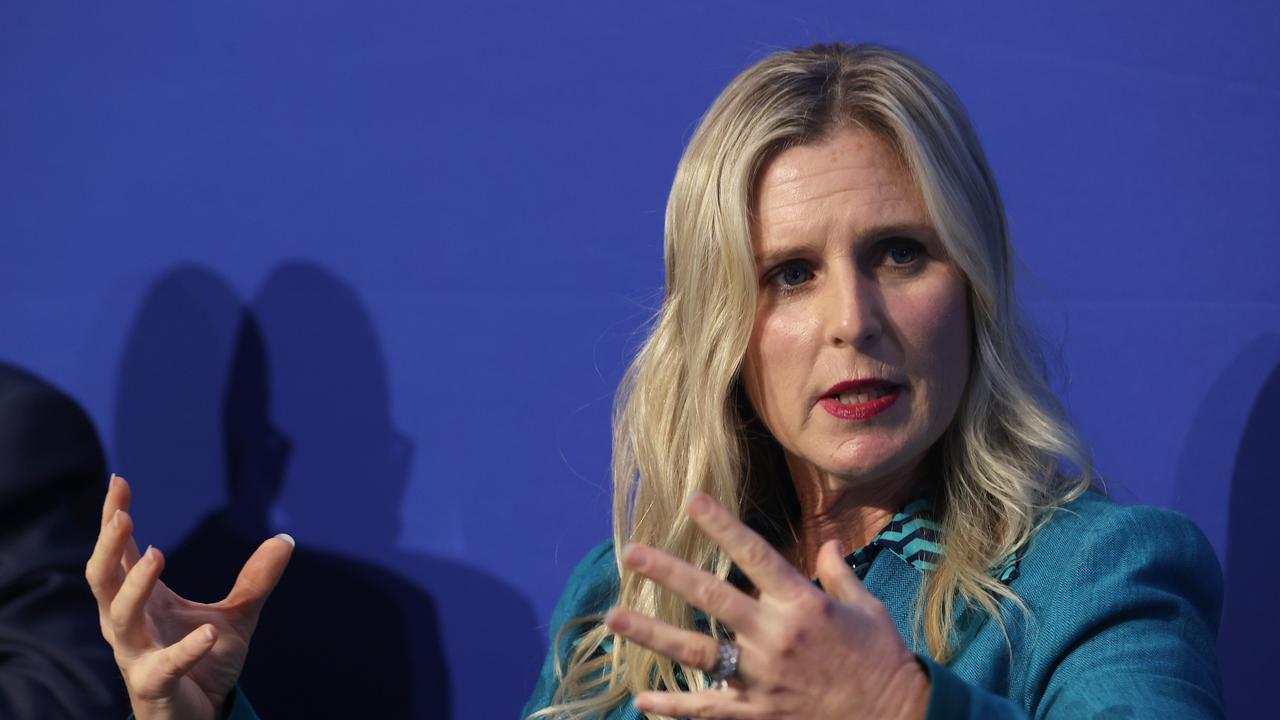Brokers, advisers need an ethics overhaul and must clearly disclose potential conflicts


It’s well and truly time for stockbroking and advisory firms to clean up their act. It’s simple ethics 101.
There’s been plenty of warning and regulatory action aimed at those firms flouting the rules, so excuses are wearing thin. If brokers and advisers for capital raisings and mergers and acquisitions are to maintain credibility, governance practices need to be a priority.
Transparency and fulsome disclosure to investors and customers of any conflicts within a business is a must. There needs to be clear disclosure of any corporate and commercial relationships – between an advisory house and the company – within the research on the particular stock.
Clients and investors must have all the requisite information before making a financial decision, without having to go searching for it. Then it’s buyer beware.
Canaccord Genuity needs to ensure it puts in place consistent process when it works on deals for companies and then spruiks their shares. Receiving options or shares in a company is a clear potential conflict of interest, and clear disclosure is required.
A haphazard approach is not good enough. Conflicts or perceived conflicts of interest between advisory and equities research must be managed appropriately, so there is no grey area.
While broking and advisory businesses incentivise behaviour to bring in as many clients and fees as possible – with annual bonuses – if firms are being handed shares or options as part of a payment that needs to be fully disclosed. Investors reading that research need to be made aware of the commercial relationship in detail and then they can make a fully informed decision around what they are buying.
While mid-market and smaller broking and advisory firms are often in the corporate regulator’s sights, larger firms have also had a spate of run ins on the topic of managing conflicts of interest and ensuring robust Chinese walls.
But large global firms typically have big compliance departments which provides some protection but some issues fall through the cracks. One high-profile example entangled UBS in 2015, when a research note was reissued and had its title and content watered down.
The note centred on the budgetary and other implications of the partial privatisation of NSW’s electricity network, and UBS was jointly working on the sale for the government. The Australian Securities and Investments Commission commenced a probe at the time – which reflected poorly on UBS’s reputation – but decided against taking any action.
The issue of transparent disclosure and the management of conflicts of interest has cropped up numerous times in the past six months.

Last week, E&P Financial Group called in administrators for its subsidiary Dixon Advisory, which was hit with a $7.2m fine and was facing class actions. At the heart of the issue were allegations of conflicted advice linked to funnelling customers into the firm’s own products where it earned more fees, including Dixon’s US property investment fund.
Another example involves Everblu, a small advisory firm chaired by former BBY banker Adam Blumenthal. The firm was the subject of a raid by ASIC in November as the regulator probed potential trading contraventions in Creso Pharma shares, a company Blumenthal also chaired. His firm advised on the ASX listing of Creso and the initial prospectus shows it also received broker share options as part of the transaction.
Bell Potter has had a couple run-ins with regulators in the past decade, with one leading to an enforceable undertaking in 2015.
ASIC’s investigation identified concerns in the way then Bell Potter banker Angus Aitken handled and disclosed information about a client’s possible selling intentions in Ten Network shares.
ASIC in 2017 banned Bell Potter employees Simon Poidevin (a former Wallabies captain) and Damien Rodr for five years and four years respectively, after finding the firm’s trading in DirectMoney’s shares in the weeks after its ASX listing was predominantly to prop up its share price.
Brisbane-based Morgans was forced to agree to tougher licence conditions in 2015, due to ASIC’s concerns about internal controls.
An ASIC review in 2016 revealed “an inconsistency” in how broking and advisory firms were managing conflicts of interest.
“This includes the structure and funding of research, insufficient separation of research and corporate advisory activities (particularly the involvement of research in soliciting business during the IPO process), decisions about share allocations in capital raisings, and mixed practices in relation to the disclosure of conflicts of interest,” it said.
At the time, ASIC commissioner Cathie Armour said: “The proper handling of confidential information and the management of conflicts is a key element in preserving and promoting market integrity, improving market efficiency and increasing investor confidence.”
ASIC also issued a regulatory guide in 2018 delving into market integrity rules for participants.
There are several provisions of the Corporations Act, which came into effect in 2001, that cover topics including insider information and Chinese wall arrangements.
The major banks and wealth companies were taken to task over conflicted advice during the Hayne royal commission, a process the nation’s corporate advice firms were not involved in.
The broking and financial adviser industry also looks to have received a partial reprieve from the government in December on tough new education standards.
The government proposes to recognise on-the-job experience so that 10 years of experience, a good record and a tertiary level ethics subject will meet the education requirements for existing advisers.
Revelations about how Canaccord is handling disclosures around potential conflicts of interest show some firms in the advisory industry have a way to go to up their compliance game.






